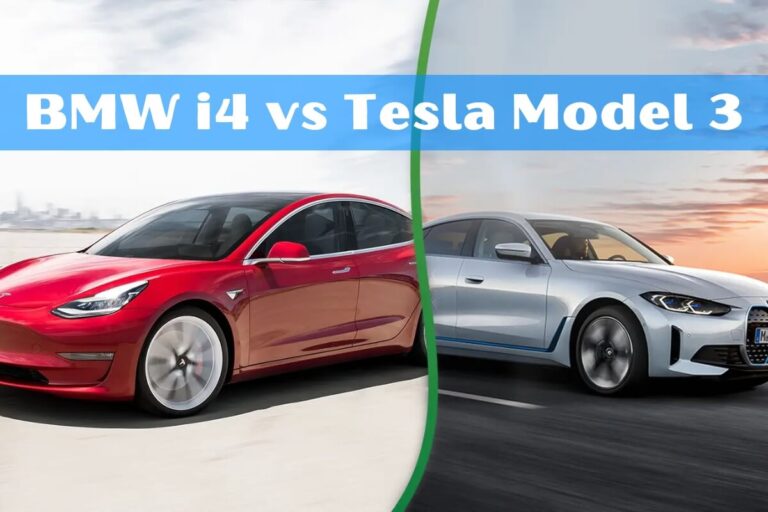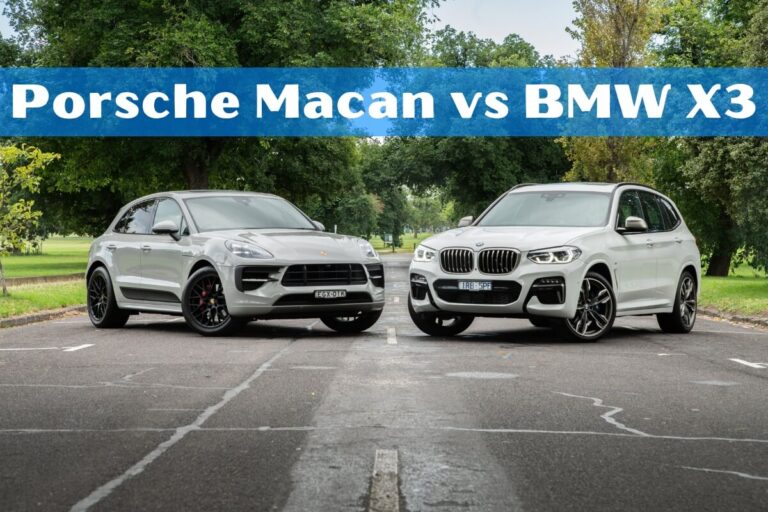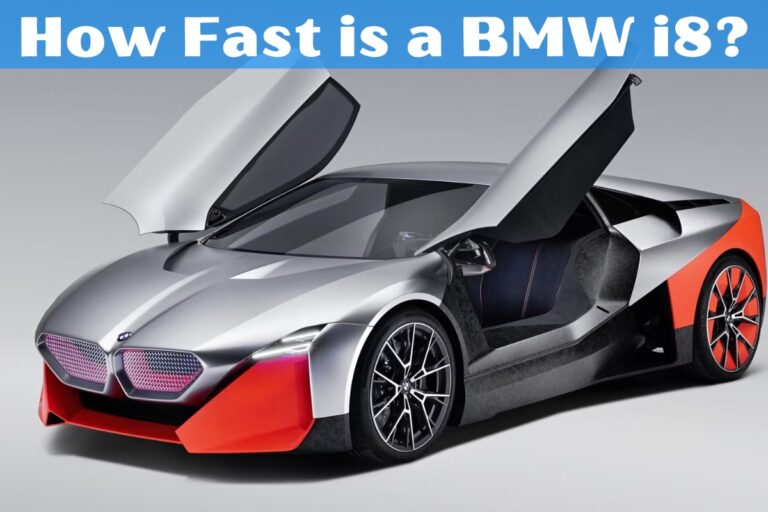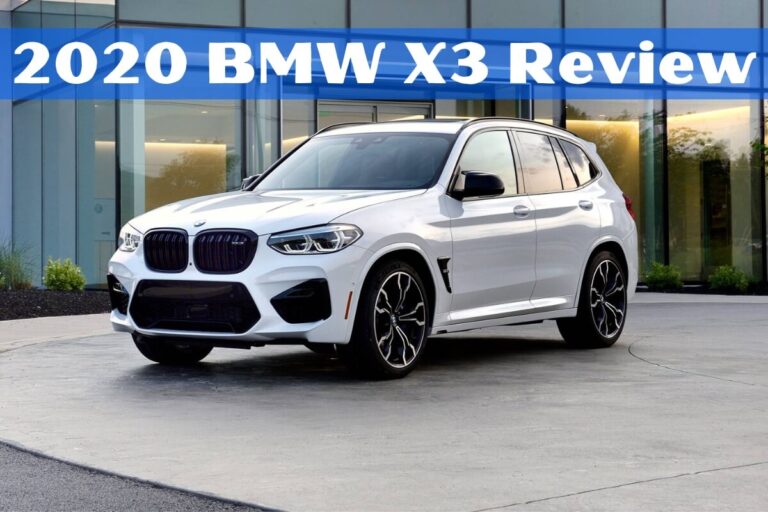BMW M3 price :the Complete Guide pricing and Costs
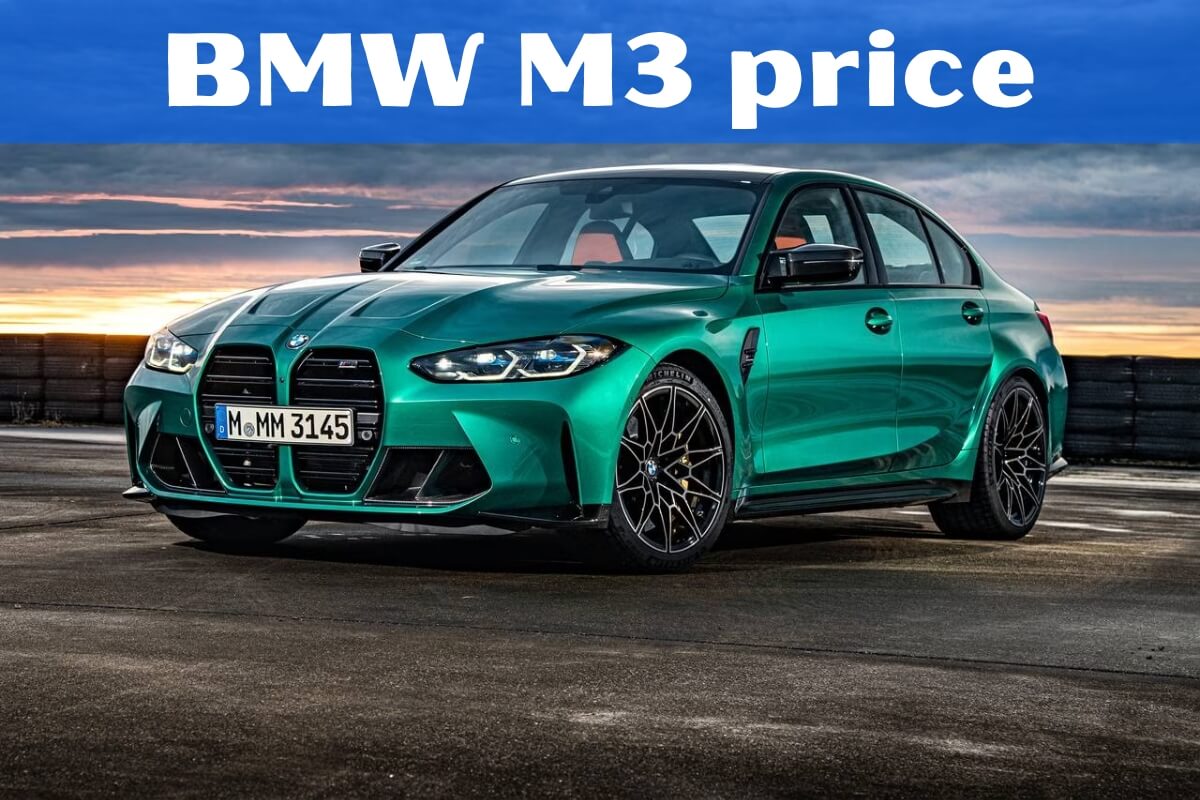
For decades, the BMW M3 has reigned as the quintessential high-performance luxury sports sedan, capturing the hearts and minds of driving enthusiasts across the globe. This iconic vehicle seamlessly blends blistering performance, precision handling, and premium features into a sleek and sophisticated package. However, such an esteemed automobile commands a premium price tag that can give even the most ardent car lovers pause.
How much does the legendary BMW M3 actually cost, and is it worth the investment? The short answer is that prices can vary significantly based on factors like model year, trim level, condition, and options – ranging from the mid $70,000s for a new base model up to over $100,000 for a fully-loaded example. While undoubtedly expensive, the M3 justifies its cost for driving purists craving an uncompromising performance machine with daily drivability.
This comprehensive pricing guide will dive deep into every aspect of BMW M3 costs, including new and used pricing, the factors influencing msrp, hidden ownership expenses, historical pricing trends, and whether the M3 delivers enough bang for the buck. By the end, you’ll be an informed shopper prepared to decide if this ultimate driving machine deserves a space in your garage and budget.
What is the Current Price of a New BMW M3?
Straight from the factory, the 2023 BMW M3 sedan starts at an MSRP of $73,795 for the base rear-wheel drive model. This positions the latest M3 squarely in premium high-performance territory, commanding a roughly $30,000 premium over the regular non-M 3 Series.
Those craving even more performance can opt for the M3 Competition trim which bumps the price to $78,895. The Competition variant unlocks an extra 30 horsepower (503 hp total), enhanced cooling systems, revised suspension tuning, an augmented traction management system, and upgraded brakes and differential.
For the first time ever, BMW also offers the M3 with xDrive all-wheel drive as part of the Competition trim for $82,595. This provides maximum traction off the line and in inclement weather at the sacrifice of a slightly increased curb weight.
From this starting pricing baseline, the costs can quickly escalate depending on how many options and packages are selected. Some notable potential add-ons include:
- M Carbon Exterior Package ($4,100)
- M Carbon Bucket Seats ($3,800)
- M Driver’s Package (raises top speed limiter, $2,500)
- Frozen paint colors ($1,950)
- Ceramic brakes ($8,150)
When fully loaded with every possible extra, an M3 Competition xDrive can crest $100,000. That’s supercar territory! However, most M3 buyers tend to exercise some restraint, with average selling prices landing in the $80,000-$90,000 range according to analysis from Edmunds.
It’s also important to account for potential dealer markups or market adjustments due to high demand and limited supply. These can sometimes add thousands to the bottom line.
How Much Does a Used BMW M3 Cost?
For driving enthusiasts on a tighter budget, exploring the used and certified pre-owned (CPO) market opens the door to M3 ownership at a more palatable price point. Average prices on the used market vary significantly based on factors like:
- Model Year: Newer, lower mileage M3s command top dollar. A used 2022 M3 can still fetch close to $70,000, while a higher mileage 2018 model averages around $45,000.
- Mileage: The old adage “there’s no replacement for displacement” rings true when it comes to M3 pricing. Lower mileage translates to higher resale value. A 2019 M3 with 20,000 miles could cost $10,000 more than the same model year with 60,000 miles.
- Condition: As with any used vehicle, the overall condition and maintenance history play a big role. A clean, well-cared-for M3 will be priced at a premium.
- Single or Dual Clutch Transmission: The M3 was offered with both a traditional manual transmission and a dual-clutch automatic. The former is slightly more affordable on the used market.
While used examples provide potential savings, there are risks involved like higher repair costs, more depreciation hit, and shorter warranty coverage periods. Many buyers mitigate these downsides by pursuing a Certified Pre-Owned (CPO) M3 from BMW dealers.
Certified Pre-Owned BMW M3 Costs
BMW’s CPO program takes low mileage, relatively new M3 models still under factory warranty, refurbishes them to like-new condition, and provides extended warranty coverage. This peace of mind comes at a premium over a standard used car, but is often still thousands less than new.
Typical CPO BMW M3 pricing in 2023:
- 2020 M3 Competition: $55,000 – $65,000
- 2021 M3: $60,000 – $72,000
- 2022 M3 Competition xDrive: $70,000 – $80,000
CPO M3 models hit that sweet spot of delivering substantial savings over new while providing greater long-term confidence compared to a standard used vehicle.
What Factors Determine BMW M3 Pricing?
While the M3’s performance capabilities and brand prestige are strong influencing factors, there are several key elements that directly impact pricing:
Performance Specifications: At its core, the BMW M3 is designed as an uncompromising performance machine. Models with higher horsepower ratings, quicker acceleration times, and higher top speed capabilities demand more from buyers. For example, the 503 hp M3 Competition commands a roughly $5,000 premium over the standard 473 hp variant.
Design and Features: No matter how much power is under the hood, luxury shoppers also pay for premium exterior styling and interior appointments. The M3 delivers with an aggressive aerodynamic body design, premium materials like Merino leather and carbon fiber trim, and the latest tech features like BMW’s iDrive infotainment system and driver aids. Premium equals higher prices.
Brand Prestige and Exclusivity: The M3 isn’t just another sports sedan – it’s an icon with decades of heritage and a fiercely loyal fanbase. This brand cachet, combined with the exclusivity of relatively limited production for each model year, allows BMW to command top dollar for the M3 nameplate.
Production Numbers and Demand: At the end of the day, pricing is significantly impacted by supply and demand. Limited production numbers for high-performance trims combined with overwhelming demand from enthusiasts gives BMW no reason to incentivize M3 models. In fact, dealers can tack on market adjustments knowing the supply will be quickly gobbled up.
Are Prices for the M3 Rising or Falling?
Over the M3’s lengthy production run dating back to the 1980s, pricing has been on a steady upward trajectory when adjusted for inflation. The very first 1988 E30 M3 carried a $35,800 MSRP – over $88,000 in today’s dollars!
Each subsequent generation brought more performance, more technology, and higher prices based on data from Edmunds:
- E36 M3 (1995-1999): $35,900 – $42,500 ($70k – $84k adjusted)
- E46 M3 (2001-2006): $45,400 – $57,500 ($72k – $92k adjusted)
- E90/E92/E93 M3 (2008-2013): $55,900 – $66,500 ($75k – $89k adjusted)
- F80 M3 (2015-2020): $66,500 – $72,900 ($80k – $87k adjusted)
- G80 M3 (2021-Present): $73,795 – $96,695
While this steady price climb may seem steep, much of it can be attributed to general inflation over 30+ years combined with the M3 continually pushing the boundaries of performance with each redesign. Modern M3s also pack far more luxury and technology features than their bare-bones predecessors.
Looking forward, pricing is expected to continue its gradual upward trajectory as BMW has no incentive to lower prices amid still extremely strong consumer demand. Each minor model refresh or generation redesign is likely to bring at least a few thousand dollar increase to account for upgraded hardware and innovative new technologies.
Continued supply chain constraints or economic recessions could potentially put temporary downward pricing pressure on the M3 and entire automotive industry. However, the M3’s relatively limited production numbers and diehard fanbase demand will help insulate it from any dramatic price drops.
The Hidden Costs of BMW M3 Ownership
While the M3’s window sticker details the upfront costs, there are some significant yet often overlooked ownership expenses to consider:
Fuel Costs: With great power comes increased fuel consumption. The M3’s twin-turbocharged 3.0-liter inline-six engine delivers spectacular performance, but relatively poor fuel economy for its segment. The rear-wheel drive model achieves an EPA-estimated 16 mpg city and 23 mpg highway, while adding all-wheel drive drops those figures to 16 mpg city and 22 mpg highway. Filling up that 15.6 gallon tank with premium gasoline frequently adds up quickly.
Maintenance and Repair Expenses: As with any high-performance premium vehicle, the BMW M3’s maintenance costs will be higher than an average sedan. Items like brake pads, tires, and fluids have higher replacement costs. There’s also a bundle of sophisticated performance hardware like the twin-turbo engine, sport-tuned suspension and cooling systems that require more complex repair work from BMW-certified technicians when things go wrong. Plan on budgeting $1,000 – $2,000 or more annually for proper M3 maintenance.
Insurance Premiums: The M3’s incredible performance combined with its premium price tag means insurance companies consider it a higher risk vehicle to cover. Most M3 owners can expect significantly higher insurance premiums compared to a standard 3 Series or other mainstream performance cars. Exact pricing varies by driver profile, but premiums 20-30% higher than average are common.
Depreciation: Like other luxury vehicles, new M3 models are subject to higher than average depreciation in their first few years of ownership before leveling off. According to analysis by CarEdge, a new M3 can lose upwards of 40% of its value after three years and 45,000 miles of driving. Opting for a certified pre-owned example can help mitigate this financial hit.
Is the BMW M3 Worth the Premium Price?
Given the substantial upfront costs and hidden ownership expenses, one has to deeply ponder whether the BMW M3 justifies its premium price tag. For driving purists unwilling to compromise performance, the answer is a resounding yes.
Few other sedans in the M3’s price range can match its potent combination of face-melting acceleration, razor-sharp handling balanced with reasonable daily drivability, a usable backseat, and a decent trunk – all wrapped in a premium package with iconic status. The M3 excels as both a scorching weekend track toy and daily driver.
Those simply looking for a fast comfortable sedan may find the money better spent elsewhere on less extreme alternatives like the Kia Stinger, Genesis G70, or even the non-M BMW M340i. But for enthusiasts who crave an uncompromising, race-bred sport sedan experience, the M3 is virtually in a class by itself. Its performance per dollar metric is extremely strong compared to similarly priced luxury performance cars.
As long as the costs are budgeted for upfront and don’t stretch your finances too thin, an M3 has the potential to deliver immense driving satisfaction and smiles per mile that justify the investment for true driving enthusiasts. No other sedan stirs the soul quite like an M3.
Final Thoughts
The BMW M3 carries a premium pricing position as one of the most iconic and capable performance sport sedans available today. With a base MSRP starting around $74,000 that can soar well over $100,000 when fully optioned, it commands a serious financial commitment upfront.
However, those stratospheric prices are a reflection of the M3’s impressive performance capabilities, premium luxury features, exclusivity, and legendary enthusiast badge cachet that few other manufacturers can match. The value proposition strengthens further when considering pre-owned and certified options that retain the core M3 experience at lower prices.
Evaluating total ownership costs like fuel, maintenance, insurance, and depreciation is critical before taking the M3 plunge. But for driving purists willing and able to embrace the costs, the legendary status and grins per mile delivered by this ultimate driving machine make a very compelling argument that the BMW M3 is worth every premium penny.

